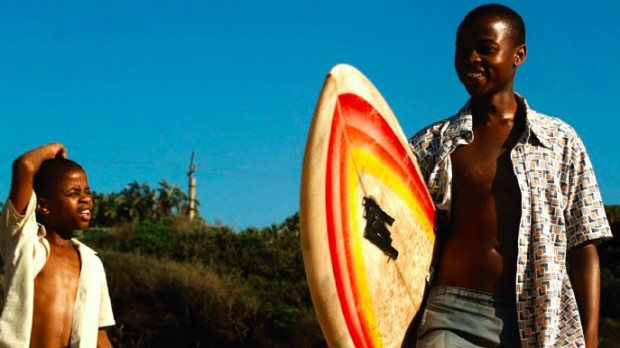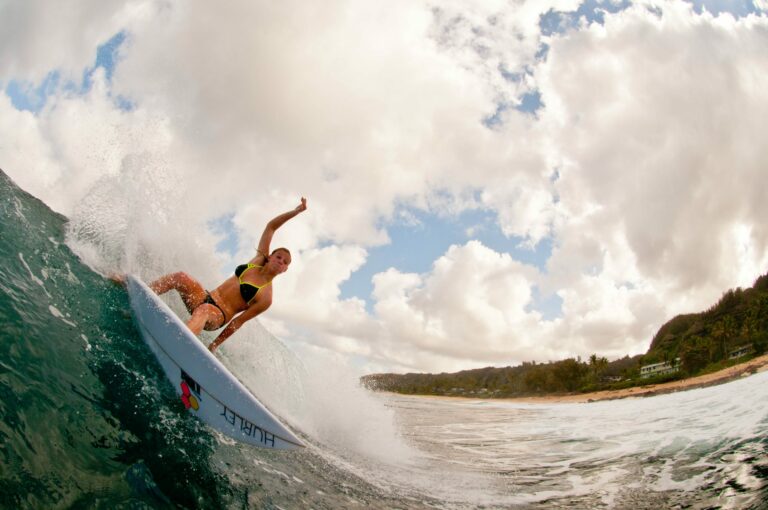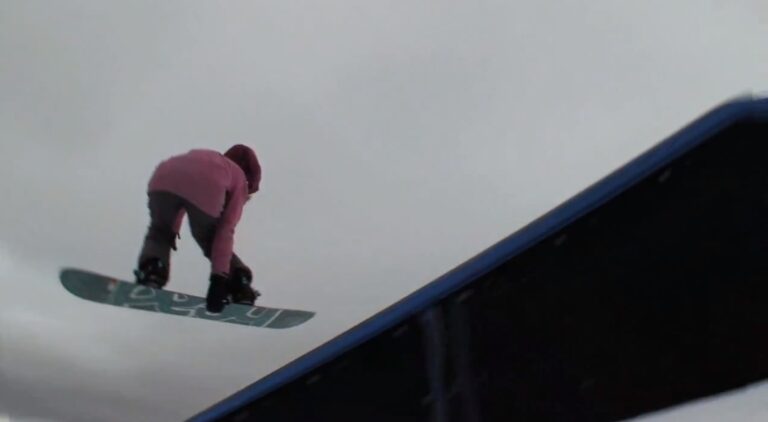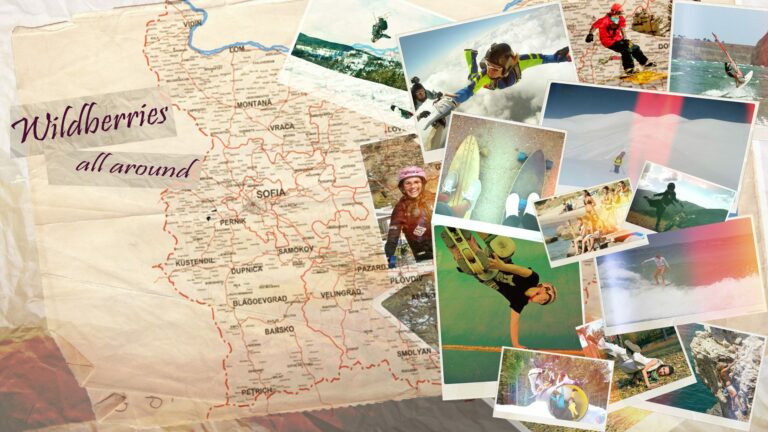
At the London Surf Film Festival 2012, one of the best films we saw, at least in terms of narrative, was Otelo Burning. Set in apartheid-ridden South Africa in 1989, to a backdrop of vicious infighting between Nelson Mandela’s ANC party and the Inkatha Freedom Party, it centres on two friends who start surfing at the local whites-only beach, where they well and truly catch the bug. So for our film review in issue 41, we caught up with director Sara Blecher to find out more about the making of the movie
Interview by Sam Haddad
How did Otelo Burning come about?
I was sitting on a Durban beach chatting to a lifeguard called Sihle Xaba [who plays Mandla one of the leads] and he started telling me about the township that he comes from. It’s one of the only coastal townships in South Africa that’s got a swimming pool, which has been continuously open all the way through the gangster wars of the 70s and then the political violence of the 80s. Sihle explained that that all the lifeguards on the newly liberated beachfront came from this township, and then he started telling me stories about the pool and the people in the township. I was hooked. I knew there was a film in the stories he was telling me. Over seven years, that story was changed again and again, sometimes in workshops with the people the story was about and sometimes just on the page. Most of it is based on real life.
How important is surfing to the narrative?
The surfing is the narrative. It’s the metaphor we use to talk about freedom, to talk about a place far away from the violence of life in a township in the late 80s. We shot in Durban, down the south coast in a town called Umkomaas and also at the mouth of the harbour in Durban, which is a pretty fantastic surf spot, if you don’t mind the sharks.
Was it important to use non-famous actors?
It was important to use actors who could tell the story, some because they knew the world of the story but others because they are simply fine actors.
What were the toughest and most rewarding things about filming?
The toughest was running out of money half way through filming. I remember I got the news right in the middle of shooting the rape scene. I looked up at the actors and crew and realised that I couldn’t pay them. Here I was pushing them beyond their limits but come Friday they wouldn’t get paid. The most rewarding was watching the finished film in a packed theatre in Durban. Otelo was the opening night film of the Durban International Film Festival and I sat watching it crying along with everyone else. That was one of the finest moments in my life.
Why did you decide to use Zulu rather than English?
Because people in Lamontville [the township where the story takes place] speak Zulu not English. Besides I love the sound of Zulu and the richness of the language. It gives the film poetry, another layer.
What do you hope people will take from the film?
I hope they will have travelled to another place, and another time and had a new experience. And then I hope they think about freedom and how freedom is the start of the real journey, not the destination.
What future film projects are you working on?
A film called Andani and the Mechanic, which is a coming of age comedy about a twenty-something hipster’s discovery that life, love, and earning a buck, lie in the hope of the future, not in the cobwebs of the past. The documentary film I finished before Otelo was about a group of young boys who train surf called Surfing Soweto. But it’s nice for me to take a break from surfing and stories about the transition to manhood. I am also looking forward to the lightness of a comedy.
For more head to oteloburning.com





